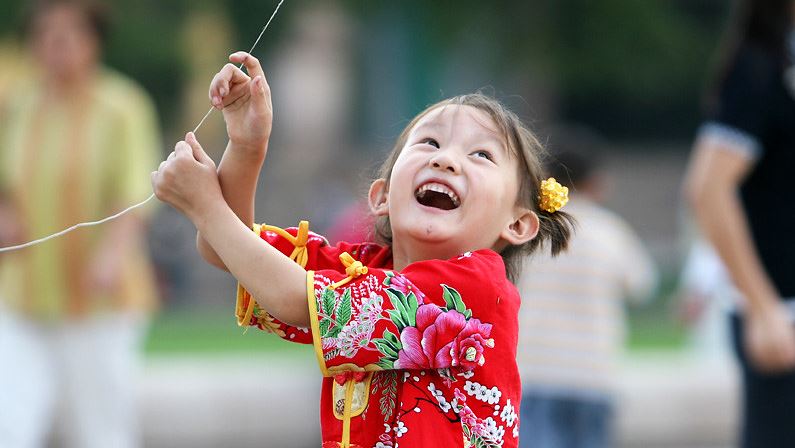
China’s population is shrinking at an alarming rate, which has raised concerns about the country’s economic and social stability. The country’s birth rate has fallen to its lowest level in decades, and the number of working-age people is declining, which could pose challenges for China’s economy and its ability to care for its elderly population.
The one-child policy, which was in place for decades, is largely responsible for China’s declining birth rate, as it discouraged families from having more than one child. Although the policy was relaxed in 2015, many couples are still choosing to have only one child or no children at all, citing the high cost of living and the difficulty of balancing work and family responsibilities.
The declining population also has implications for China’s geopolitical power, as the country’s ability to project military and economic influence abroad is closely linked to its demographic size and growth. The shrinking population could also lead to increased pressure on the country’s environment and natural resources, as fewer people are available to work in agriculture and other industries.
To address the problem, China has recently announced a series of measures to encourage couples to have more children, including offering financial incentives and increasing access to childcare and education. However, it remains to be seen whether these efforts will be enough to reverse the trend of declining population growth.
Leave a Reply